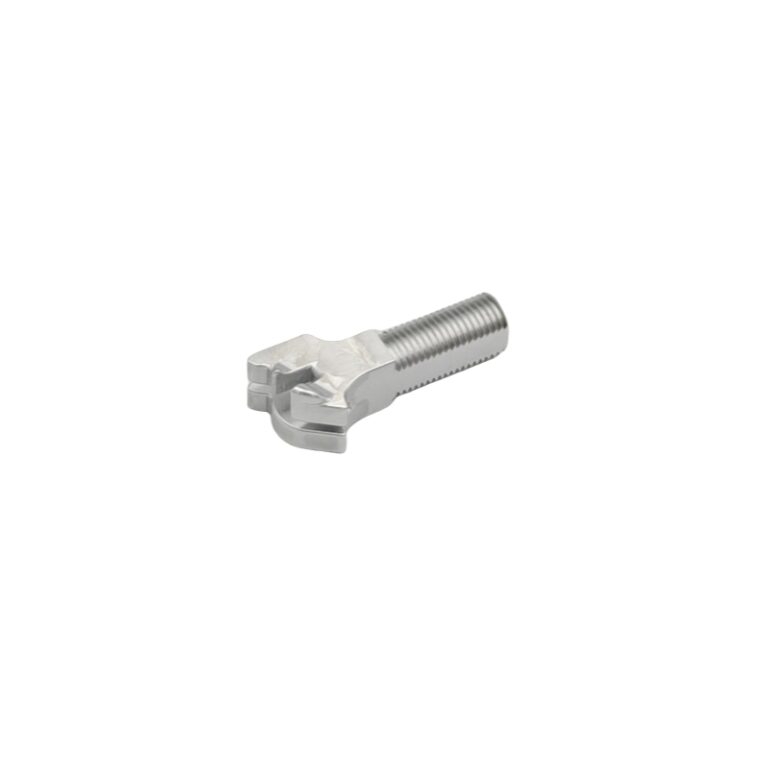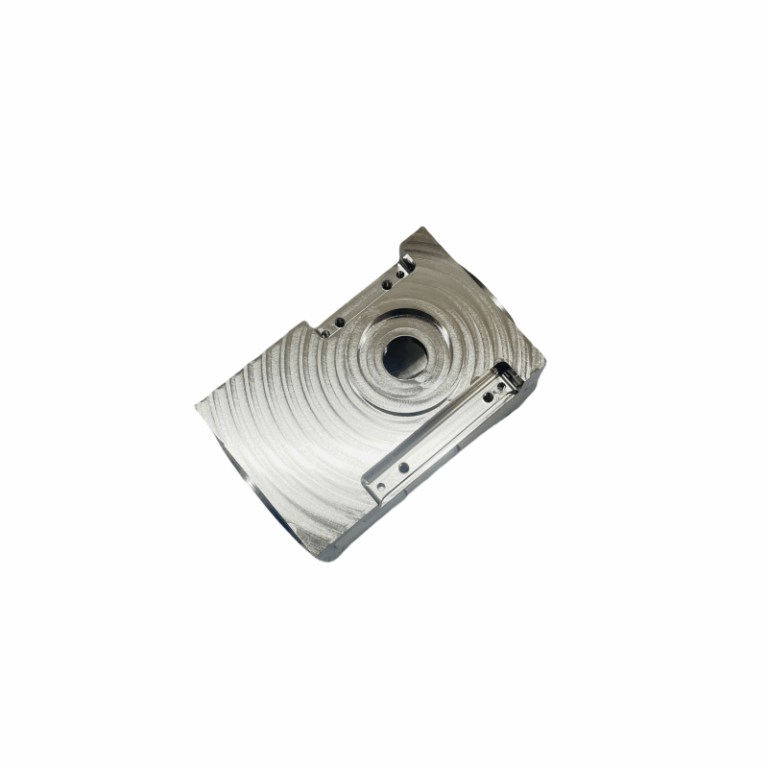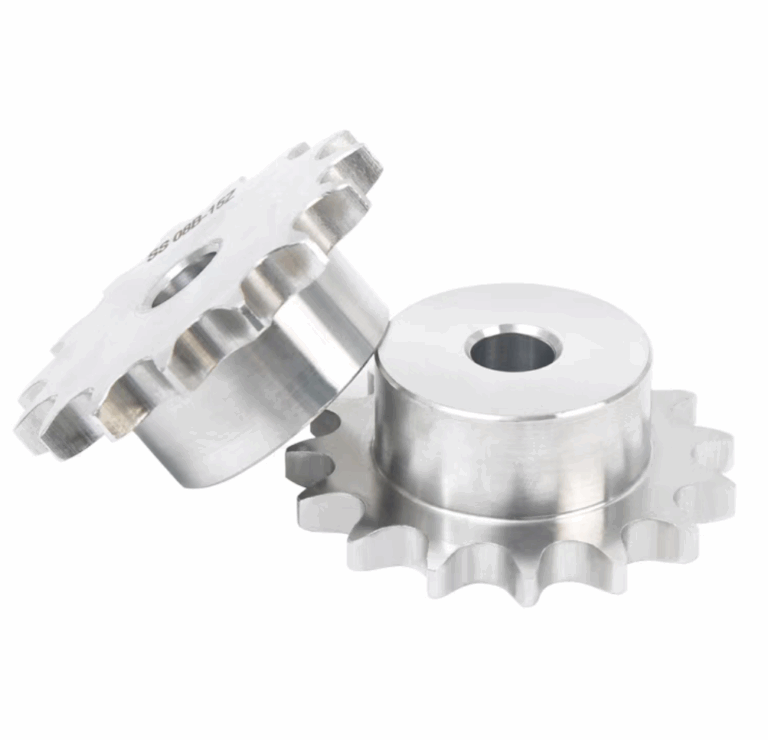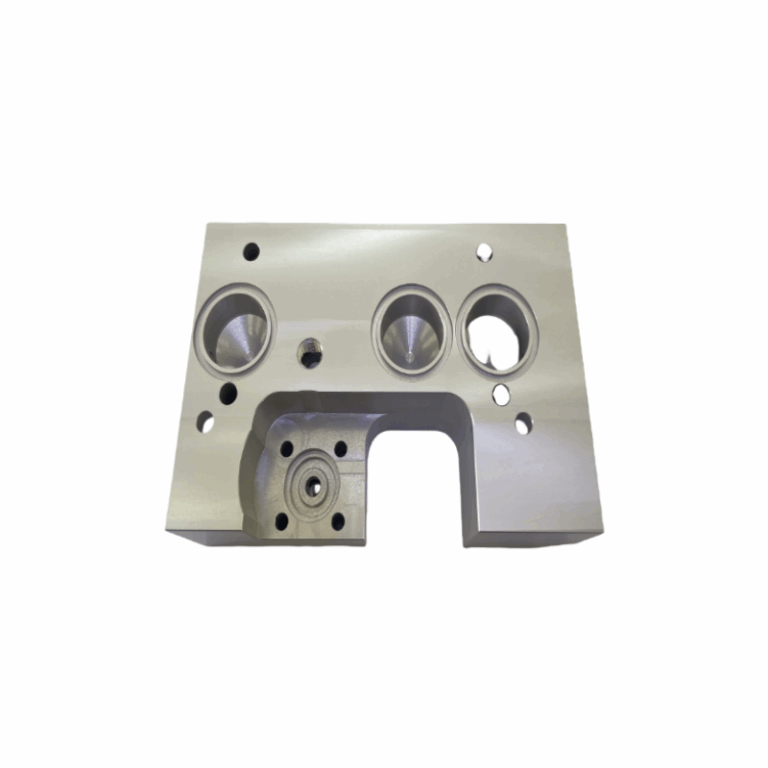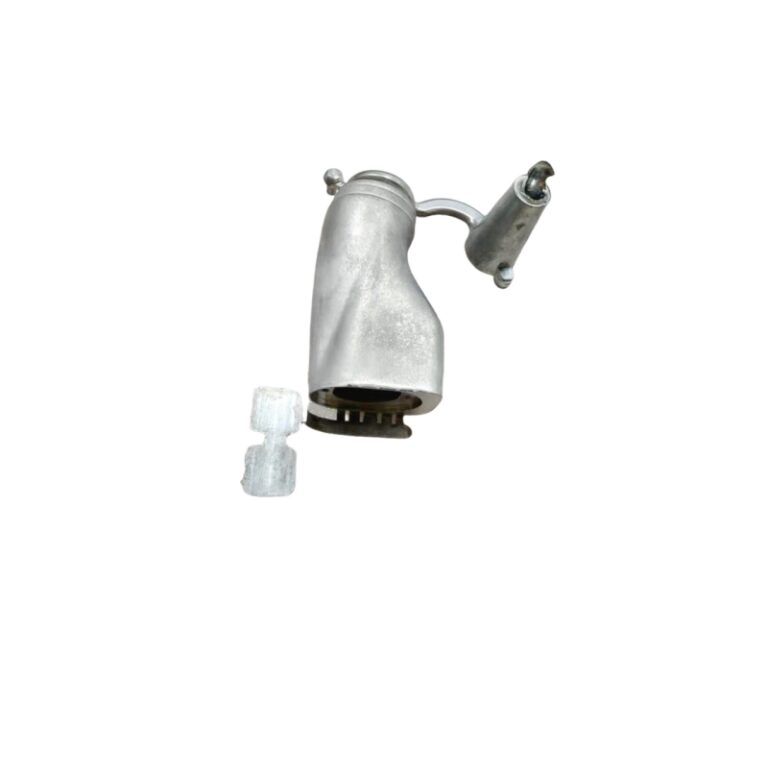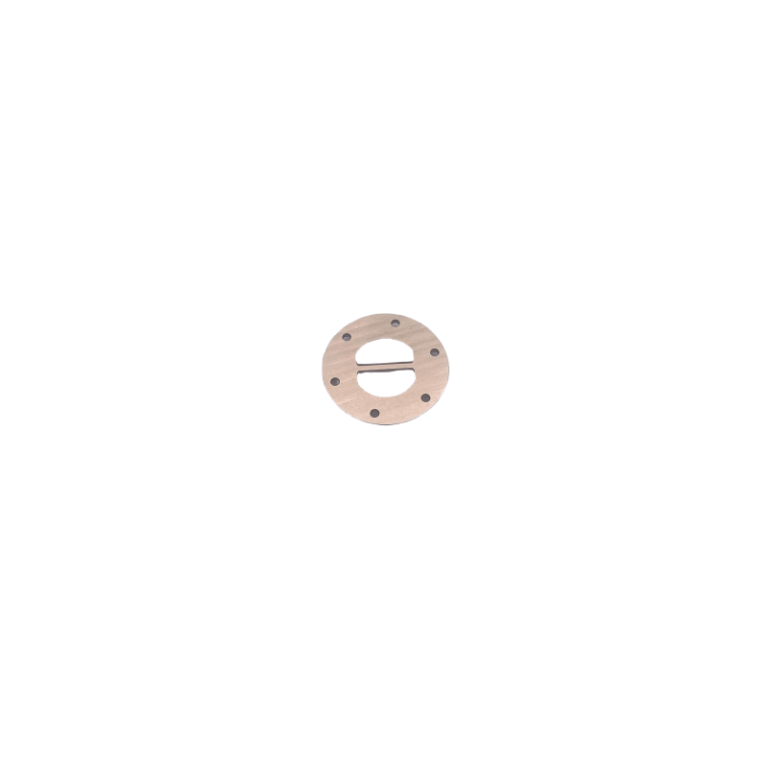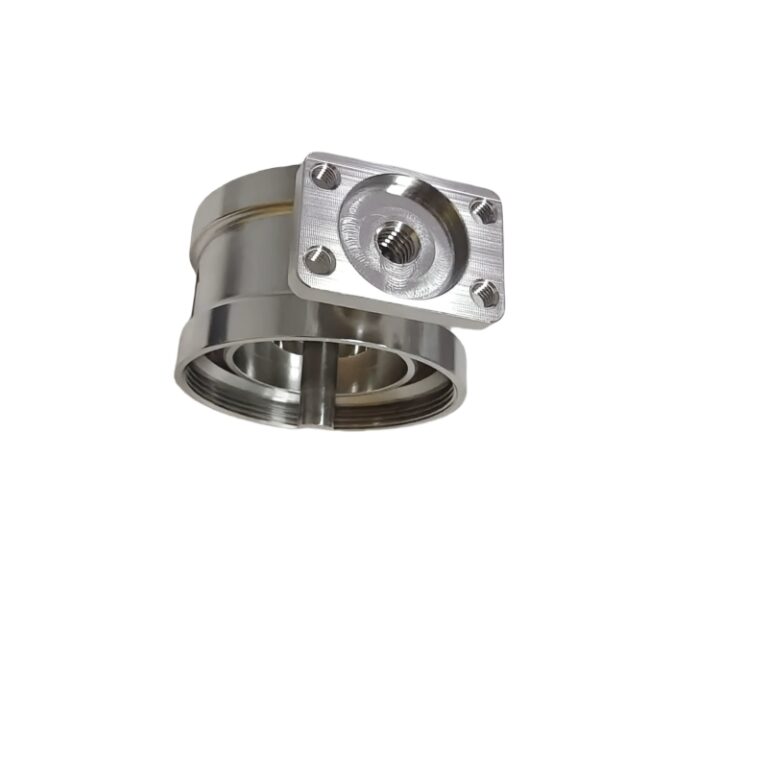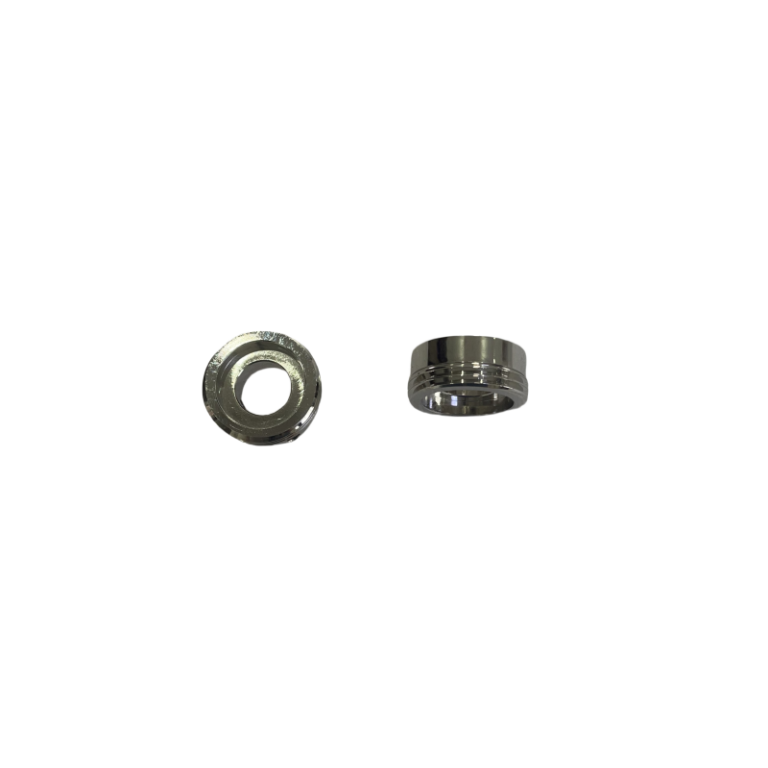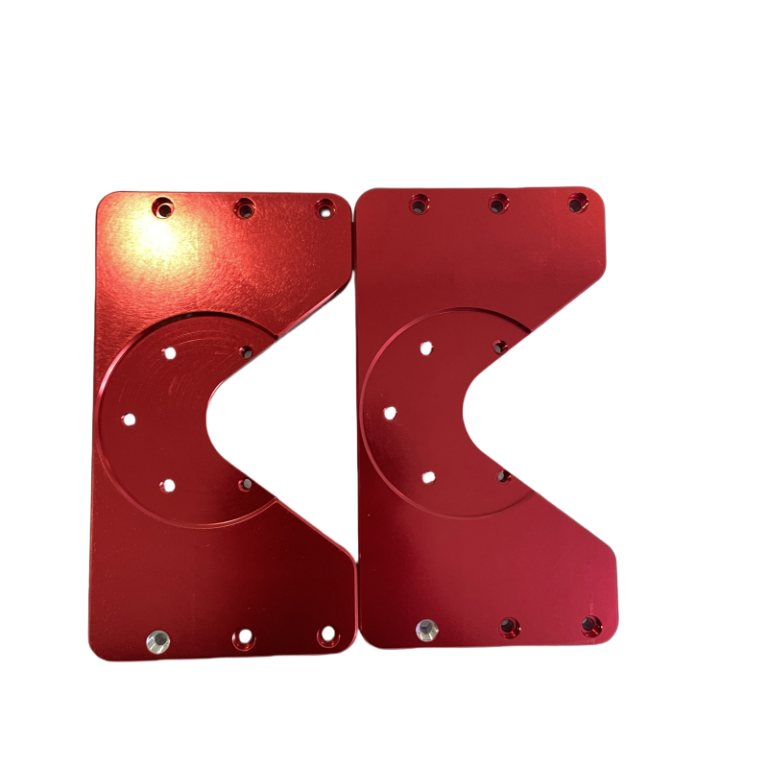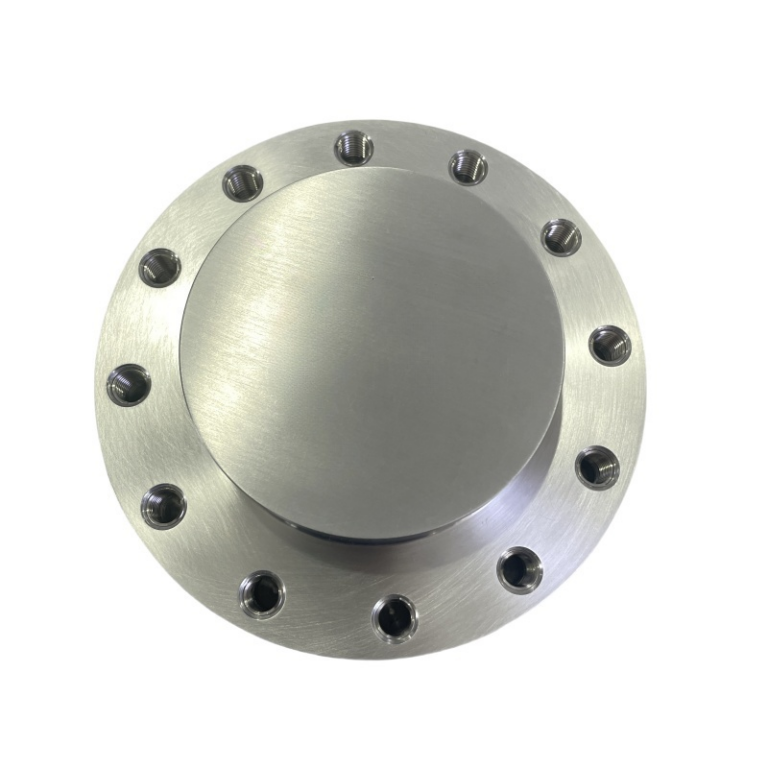Precision machining is the process of removing material from the workpiece to produce precision parts with tight tolerances and high surface quality. The production processes include turning, milling, drilling, gear shaping, and grinding. Precision machining usually requires computer numerical control (CNC) programming to transfer specific designs into precise shapes from multiple dimensions.
Precision parts machining requires a higher level of precision in parts processing and places higher demands on the precision parts manufacturer’s machinery and processes. The specific processing is an accuracy of 1 to 0.1 microns and a surface roughness of less than 0.1 microns.
Any mechanical equipment is composed of many different small parts, each of which plays a vital role, so the processing of precision parts is extremely rigorous. With the development of industrialization, precision machining has become more and more refined. As a precision parts manufacturer, the precision machining processes of DMTC are as follows:
Design
First, the parts need to be designed to determine the size, shape, material, and other parameters of the parts, as well as the requirements for processing accuracy and surface finish. When designing, factors such as actual application scenarios and production costs need to be considered by precision parts manufacturers.
Material preparation
Precision parts manufacturers need to prepare the raw materials, including metal materials, plastics, etc. Generally speaking, the materials used in precision machining parts are high-strength, high-hardness alloy materials, which need to undergo strict material screening and quality testing to ensure the quality and performance of the parts.
Machining technology selection
According to the shape, material, and other factors of the parts, precision parts manufacturers select the appropriate processing technology, including milling, turning, drilling, planing, etc. Different processing technologies and tools are required for different part shapes and requirements.
Device Setup
When machining precision parts, various professional machining equipment and tools are required, such as CNC machine tools, machining centers, grinders, etc. Before machining, the equipment needs to be set up and adjusted to ensure the processing effect and accuracy by the precision parts manufacturer.
Processing Operations
Machining operation is the most critical step of the entire machining process and requires precise operation with equipment to ensure the machining quality and accuracy of parts. Machining operations must strictly comply with various operating procedures and processes, such as tool selection, workpiece fixation, and machining speed adjustment.
Inspection
After the precision parts are machined, they need to be inspected by a precision manufacturer to see if the processing accuracy, surface finish, hardness, and other indicators meet the requirements. Common inspection methods include measurement, microscopic observation, hardness testing, etc.
Surface treatment
The last step is surface treatment, including anodizing, polishing, painting, etc., the surface of the parts reaches a certain degree of smoothness and anti-corrosion effect, to improve the service life and aesthetics of the parts.
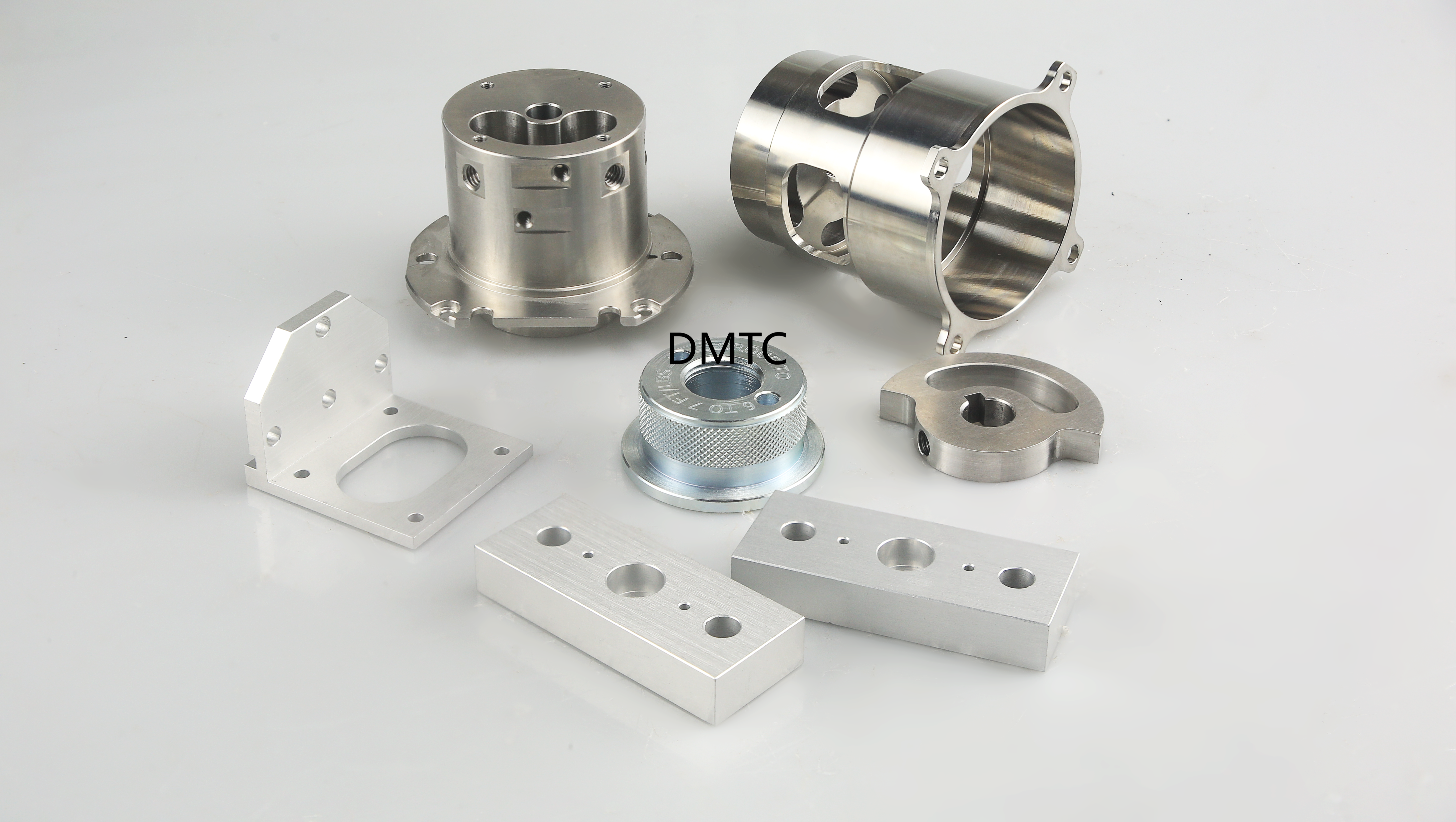
The Precision Machining service at DMTC, which is the best precision parts manufacturer:
Strong R&D and continuous innovation capabilities
DMTC manufacturing insists on strong R&D investment and continuous innovation as the driving force of company development, focusing on teamwork and a good working atmosphere. The technical team covers engineers in optics, molds, machinery, software, electrical, and other fields. With rich technical accumulation in precision machining and advanced equipment support, it has become a high-tech company with core competitiveness in the field of precision machining technology.
Professional technology and solution
All customer inquiries and questions will be immediately answered. Our engineers are not only well-versed in precision machining processes but also have rich experience in precision machining applications. They can obtain professional evaluations and suggestions on machining methods based on customer product requirements, such as milling and grinding.
Competitive machining costs
DMTC manufacturing relies on its technology, continuously improving equipment performance, efficient equipment utilization, and processing cycle to ensure that our costs and quotations are competitive. At present, more and more precision parts manufacturers are more willing to use our OEM business to replace their high equipment investment, which not only avoids huge investment and risks but also in this professional division of labor, they can better focus on their core areas of strength, thereby obtaining the highest benefits and competitiveness.
Advanced information management system
The ERP management system is used in every link of our company’s operation, especially for the OEM business. Our customers’ OEM and ODM products can be recorded, tracked, evaluated, and queried in a timely and accurate manner. For the processed samples, we will also collect customer feedback and jointly evaluate and select the best process method and mass production method.
Selecting Precision Machining Materials at DMTC
Precision Materials is available for a wide variety of materials. As a high-quality precision parts manufacturer, the below lists of popular materials are usually provided by precision parts manufacturers.
| Material | characteristics | Machinability | Application | |
| Aluminum | Lightweight and corrosion-resistant | Easy to machining | Auto parts, aircraft parts | |
| Stainless steel | High corrosion resistance, excellent mechanical properties | Depends on the alloy material | Food industry devices, medical equipment, and marine devices. | |
| Brass | Good corrosion resistance and excellent cutting performance | Easy to machining | Pipe fittings, electrical connectors, decorative items. | |
| Copper | Excellent electrical and thermal conductivity | Moderate machining difficulty | Electrical wire and heat exchangers | |
| Bronze | Hard and corrosion-resistant | Difficult to machining | Bushings, bearings, and marine hardware. | |
| Titanium | Lightweight, hard, and corrosion-resistant | Difficult to machining | Aerospace structures, medical implants | |
| ABS | High strength, good toughness, and good heat resistance | Easy to machining | Auto parts, consumer goods, electronic components. | |
| PC | Impact-resistant, transparent | Moderate machining difficulty | Safety equipment, optical lenses, and electronic housings. | |
| PMMA | Transparent and lightweight | Easy to machining | Signs, displays, lighting. | |
| POM | High stiffness, low friction, wear resistance | Moderate machining difficulty | Precision gears, bearings, and electrical engineering components. | |
| PA | Hard, wear-resistant, and low friction | Moderate machining difficulty | Gears, bearings, auto parts. | |
| PEEK | High temperature and chemical resistance | Difficult to machining | Aerospace parts, medical equipment |
When selecting a material, the precision parts manufacturer must be sure to consider machinability, physical properties, cost, and application.
Typically, precision parts manufacturers are interested in two physical properties, strength and hardness. It is more difficult to machine if the hardness is higher. However, such difficult-to-machine materials are ideal for use as tools.
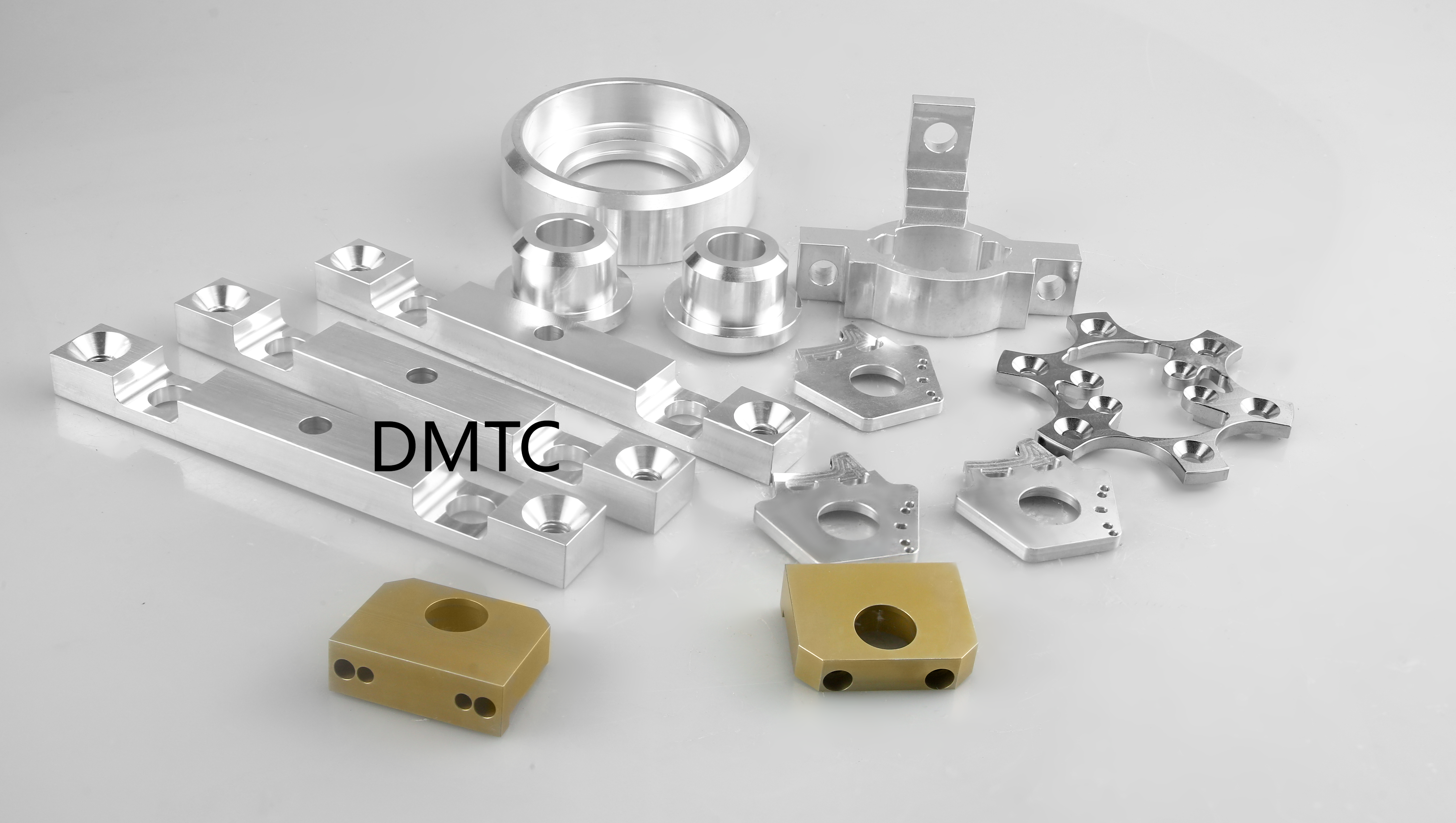
The Advantages of using precision machining technology:
Precision Parts Manufacturers turn to precision CNC machining technology due to its many advantages:
High precision and tight tolerances
The main advantages of precision machining processes are the high accuracy and tight tolerances, The standard tolerance being around 0.005 inches.
Suitable for machining complexity and flexible parts
Precision machining enables manufacturers to create complex geometries with high accuracy and repeatability, which is critical to industries such as aerospace, medical, and automotive, where exact dimensional tolerances and intricate features are important.
High efficiency and speed
CNC machining greatly speeds up machining time because of the automation and control systems. It is estimated that CNC machines are 200 to 300 times faster than traditional machines.
In addition, machine configuration and programming, are under the control of CAD/CAM software integration. This means minimal setup time, increased speed, and efficiency of the product.
Improve quality and reliability
In addition to speed, computer control ensures that every part manufactured is identical and within specified dimensions. Tight control over the machining process also reduces errors during production. Because parts are precisely cut with fine tools, the final surface rarely requires secondary finishing. Precision also reduces waste.
Improve cost-effectiveness
Although the initial setup of precision machining may seem costly, precision machining is cost-effective for both large-scale and custom production. The traditional machining methods require multiple steps and machines to produce a single component, precision machining completes a part in a single setup. In addition, each part is cut to exact dimensions, so material waste is minimal. Automation eliminates most manual labor and reduces error rates.
DMTC manufacturing offers a one-stop solution for all precision machining services. We are an ISO 9001:2015 and IATF16949-certified company, ensuring that every component meets stringent quality standards. Our services include precision CNC milling, turning, grinding, and EDM with tolerances down to 0.01mm. Whether you require precision prototype machining or large-scale production, we can achieve any size project using the best materials and cutting-edge technology. Contact DMTC to learn how we support your manufacturing goals with precision and reliability.

